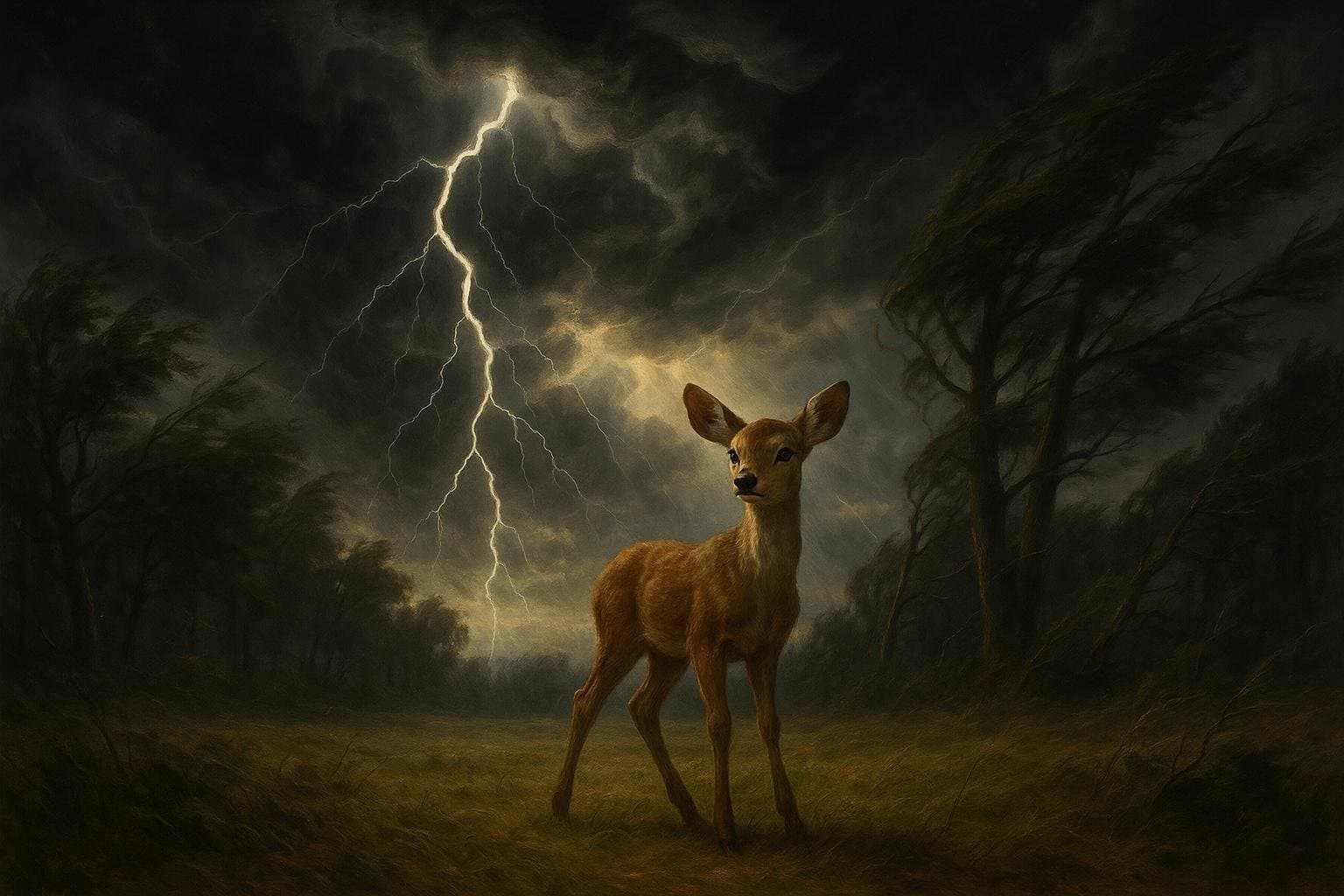Courage Defined: Perseverance in the Face of Fear

Courage is fear holding on a minute longer. — George S. Patton
—What lingers after this line?
One-minute reflection
Why might this line matter today, not tomorrow?
Understanding Patton’s Perspective
General George S. Patton, famous for his leadership during World War II, encapsulates the essence of bravery in his assertion. Rather than portraying courage as an absence of fear, Patton frames it as the willingness to endure fear just a bit longer. This refreshingly candid perspective demystifies heroism, revealing it as an act accessible to anyone who chooses to persist despite anxiety or dread.
The Nature of Fear and Human Emotion
To further comprehend Patton’s insight, it helps to consider the biological and psychological roots of fear. Fear is a primal response, frequently triggered by perceived threats. However, history and literature show that heroes are often those who continue their mission in spite of trembling hands or pounding hearts. In Homer’s *Iliad*, Achilles’ valor emerges not because he is unafraid, but because he persists amid the chaos and terror of war.
Moments That Define Bravery
Building on Patton’s theme, moments of crisis clarify the thin line between retreat and resolve. In 1914, soldiers at the Battle of Ypres famously held their positions against overwhelming odds, drawing on reserves of courage in the darkest minutes. Their actions exemplify Patton’s point: true bravery is often a decision made in a fleeting, vulnerable moment, when the urge to surrender is greatest.
Reframing Courage in Everyday Life
Extending beyond the battlefield, Patton’s words resonate in everyday struggles. Whether it’s speaking up in a difficult meeting or facing illness, individuals frequently find themselves summoning the will to endure discomfort a little longer. Psychologist Angela Duckworth’s research on grit further supports this, showing that persistence in adversity frequently leads to meaningful achievements.
Cultivating Resilience and Hope
Ultimately, Patton’s wisdom invites us to cultivate resilience by acknowledging fear without capitulating to it. By holding on ‘a minute longer,’ we give ourselves the chance to overcome obstacles, and sometimes, transform fear into newfound strength. In doing so, we embody the quiet courage that shapes history—both on grand stages and in our personal journeys.